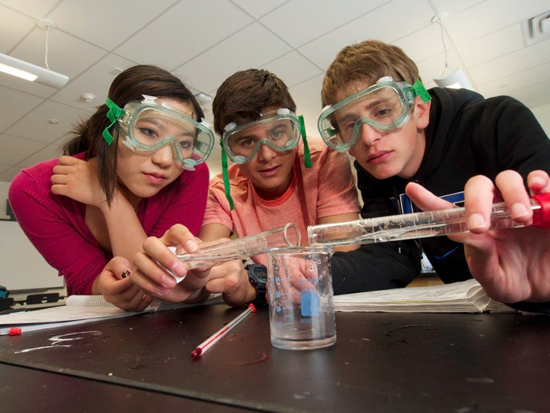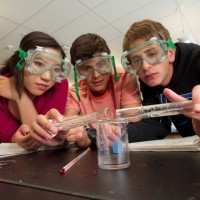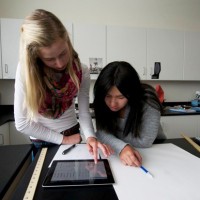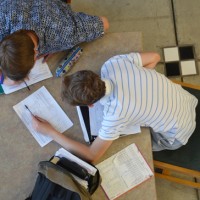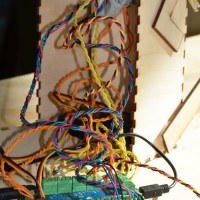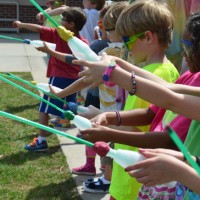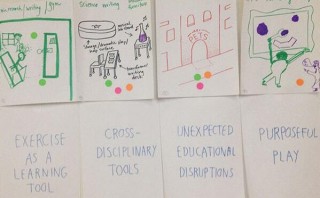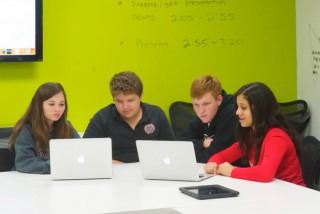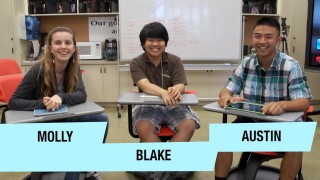Colorado Academy connects current brain research in neuroscience to its broad liberal arts and sciences program. Teachers study not just what students need to know to be successful in the future, but how learning takes shape, developing classes to strengthen culture and character in students at all grade levels.
In their Global Perspectives course, freshmen explore divergent points of view and learn to develop and test their own ideas. “The class forces me to think more analytically,” says a current student. “And I get more than one chance to improve myself.” A new graduation requirement encourages students to enroll in courses that emphasize innovation and design as applied skills. As a part of its growing culture of innovation, some upper schoolers next year will explore the architectural trend of small living spaces by converting a school bus into a tiny, mobile house.
Seventh graders, in a course developed to hone critical thinking, draw on multiple academic disciplines to build boats, program robots, study brain physiology, learn to debate, and explore logic in arguments. Emphasis is on process—students are free to experiment, take risks, and learn from successes and failures.
The Lower School curriculum is punctuated by imagination and community. An iLab serves as a flexible center for exploratory learning, where students develop computer science skills through robotics, programming, and designing objects for 3-D printing.
“We believe that through innovative practices, creative and collaborative work among teachers, and creation of transformative experiences for students,” says Head of School Dr. Mike Davis, “we are creating leaders who will be the innovators and problem-solvers of tomorrow.”
